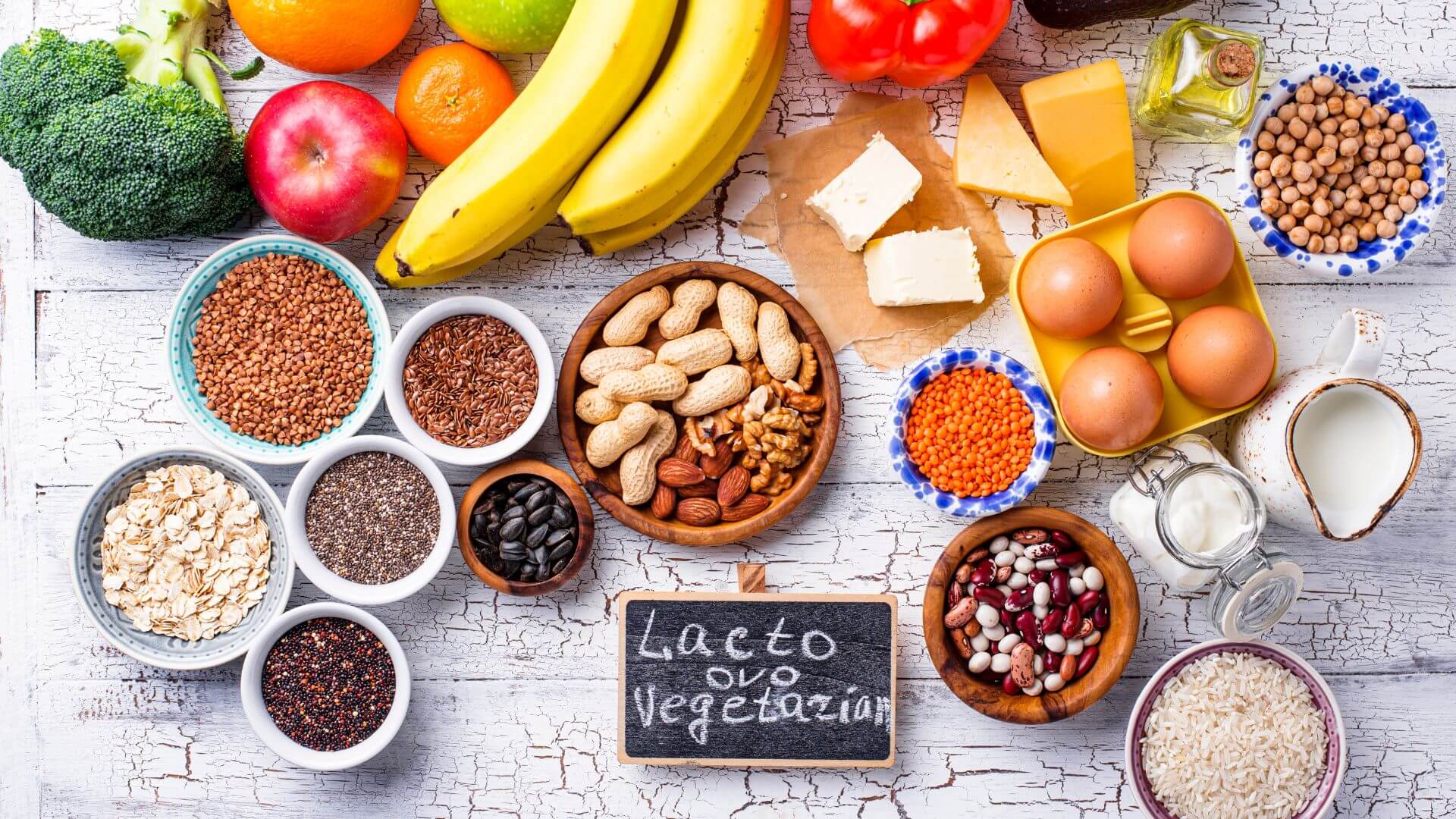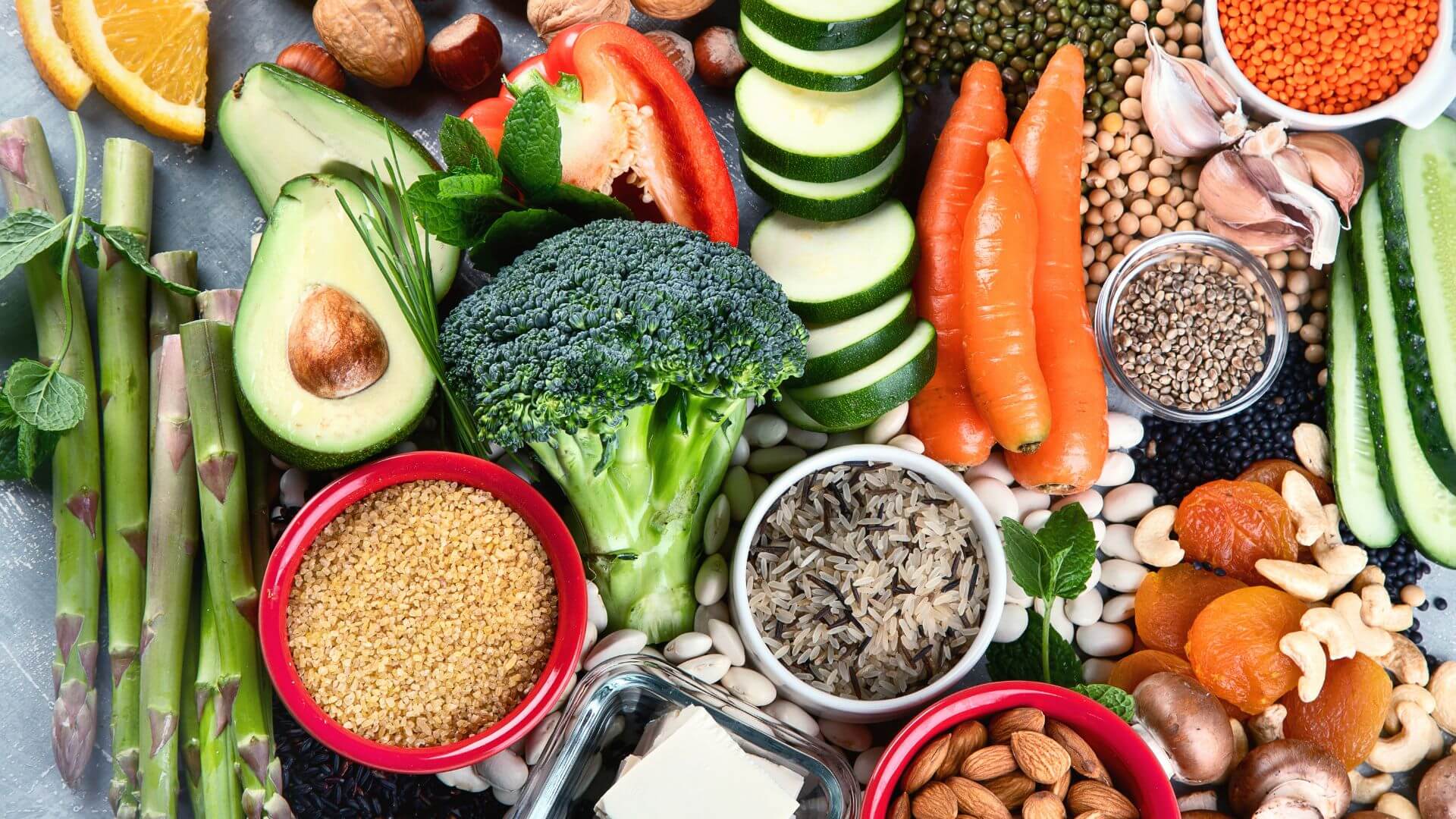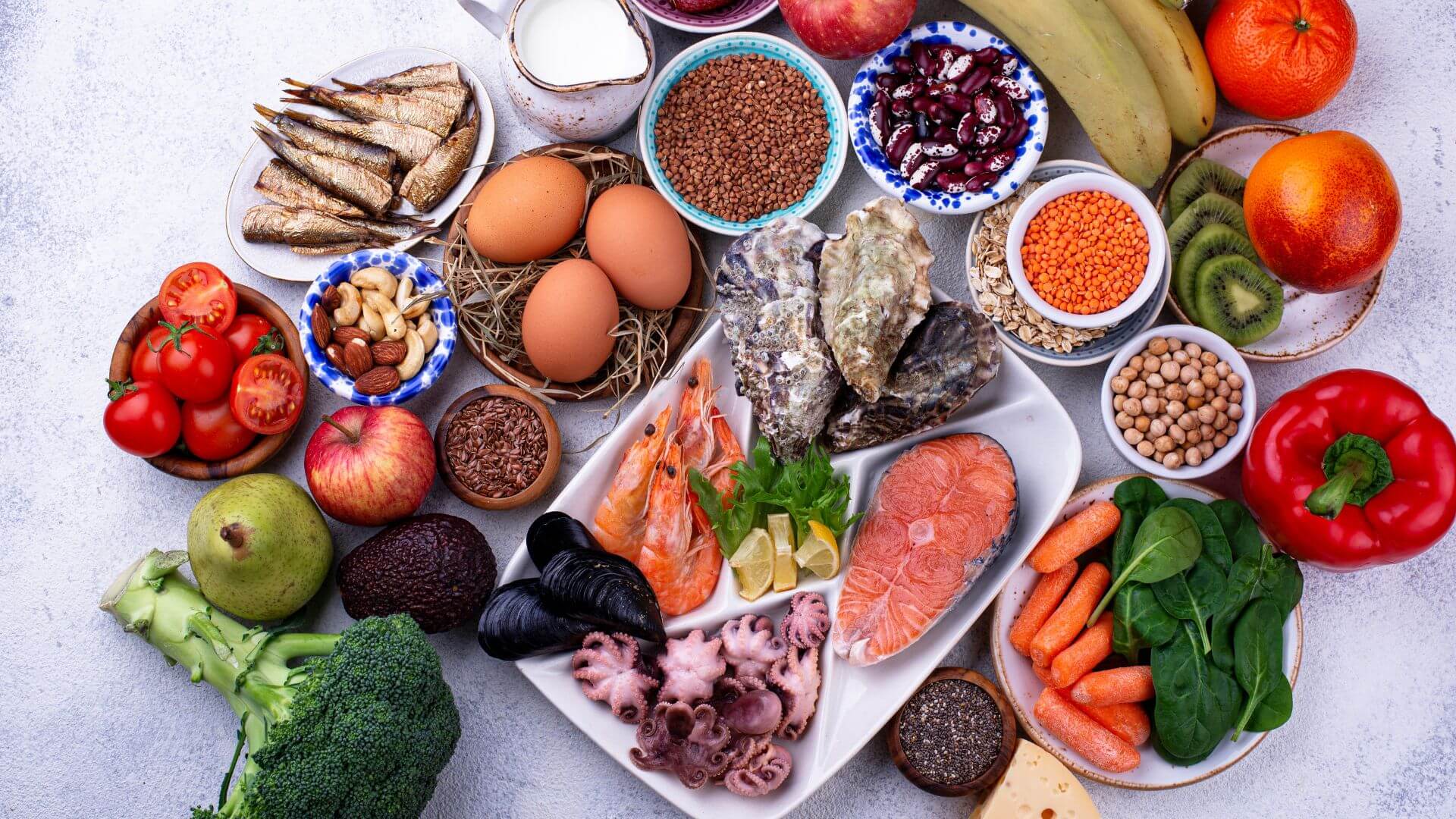Wondering if you can eat eggs on a plant-based diet? Well, eating eggs on a plant-based diet depends on the specific type of plant-based diet you are following. Another answer to this question is: the inclusion or exclusion of eggs in a plant-based diet varies widely depending on the specific dietary category and individual preferences.
Let’s look at different plant-based diet approaches and where eggs may or may not fit in:

1. Vegan Diet
Definition of Vegan Diet
Vegan diet excludes all animal products, including meat, dairy, and eggs. It’s based solely on plant foods like fruits, vegetables, grains, legumes, nuts, and seeds.
Eggs in Vegan Diet
Eggs are strictly prohibited in a vegan diet. Vegans do not consume eggs as they are animal-derived products.

2. Lacto-Ovo Vegetarian Diet
Definition of Lacto-Ovo Vegetarian Diet
Lacto-Ovo Vegetarian Diet is a type of vegetarian diet that includes dairy products and eggs but excludes meat, fish, and poultry. It’s a common form of vegetarianism.
Eggs in Lacto-Ovo Vegetarian Diet
Eggs are included in this diet. Lacto-ovo vegetarians consume eggs as a source of protein and other nutrients.

3. Flexitarian or Semi-Vegetarian Diet
Definition of Flexitarian or Semi-Vegetarian Diet
Flexitarian or semi-vegetarian diet is primarily plant-based but allows for occasional consumption of meat and other animal products. It’s flexible and doesn’t have strict rules.
Eggs in Flexitarian or Semi-Vegetarian Diet
Eggs can be included in this diet. Flexitarians might choose to eat eggs occasionally, depending on their personal dietary choices.

4. Whole-Food Plant-Based (WFPB) Diet
Definition of Whole-Food Plant-Based (WFPB) Diet
Whole-food plant-based diet focuses on whole, unprocessed or minimally processed plant foods. It emphasizes vegetables, fruits, whole grains, legumes, seeds, and nuts, and generally excludes or minimizes meat, dairy products, eggs, and highly refined foods like bleached flour, refined sugar, and oil.
Eggs in Whole-Food Plant-Based (WFPB) Diet
Eggs are typically excluded in whole-food plant-based diet. Most people following a WFPB diet avoid eggs, but some may include them, especially if they are focusing more on health aspects rather than strict plant-based principles.

5. Pescatarian Diet
Definition of Pescatarian Diet
Pescatarian Diet is primarily a vegetarian diet that also includes fish and seafood. It excludes other forms of meat but often includes eggs and dairy products.
Eggs in Pescatarian Diet
Eggs are commonly included in pescatarian diet. Which means, pescatarians often eat eggs as part of their diet.

6. Ovo-Vegetarian Diet
Definition
Ovo-Vegetarian Diet is a type of vegetarian diet that excludes meat, fish, and dairy products but includes eggs.
Eggs in Ovo-Vegetarian Diet
Eggs are a primary source of protein in Ovo-Vegetarian diet. Therefore, Ovo-vegetarians rely on eggs but avoid dairy products.
So, Can You Eat Eggs on a Plant-Based Diet?
The choice to include or exclude eggs on a plant-based diet can be influenced by several factors, including nutritional beliefs, ethical considerations regarding animal welfare, environmental concerns, and personal health goals. For instance, some people might exclude eggs due to concerns about cholesterol, while others may include them for their protein and nutrient content.
Ultimately, the decision to eat eggs on a plant-based diet is a personal one and can vary widely even within the same dietary category.
-
For information on plant-based protein sources, check our plant-based protein sources infographic.
(Ad) Myogenix MyoVite Super Greens Supplement Powder Super Greens Powder for Men and Women. Get Yours Now!





